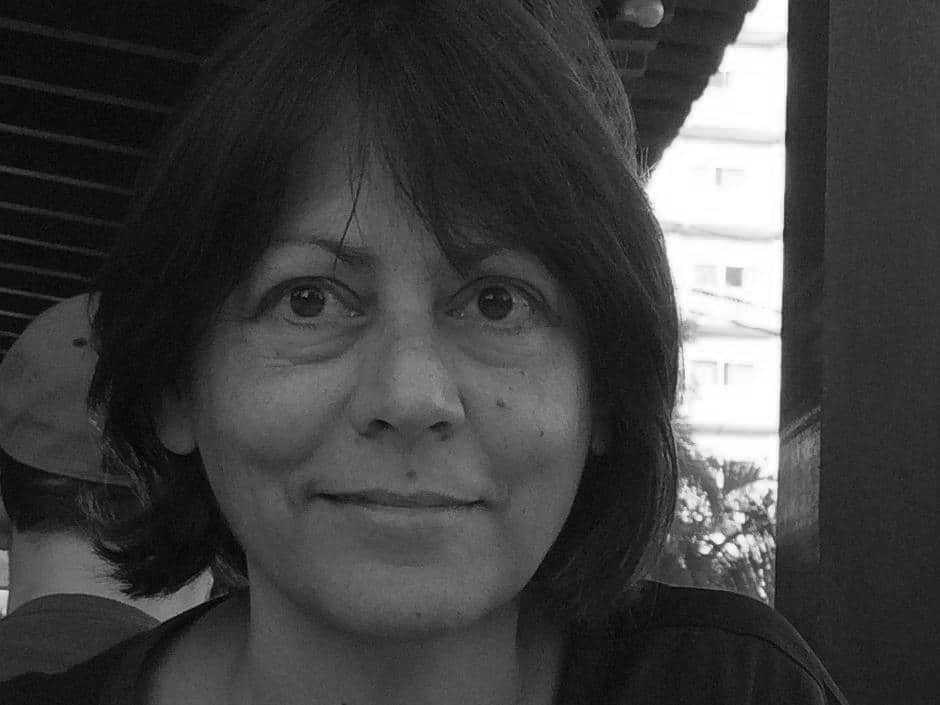Prof. Dr. Haizhou Li
Professor at the Department of Electrical and Computer Engineering at the National University of Singapore (Singapore). Prof. Dr. Haizhou Li received the U Bremen Excellence Chair for research on a biologically inspired auditory model for machine listening that matches human listening ability. For this purpose, he has founded the „Machine Listening Laboratory“ as part of the Minds, Media, Machines high-profile area.
Prof. Haizhou Li is the General Chair of ICASSP and will host this
IEEE event in Singapore. ICASSP is the largest conference in the field
of Speech, Signal Processing and Acoustics. University Bremen acts as
Supporting Organization for ICASSP 2022 and Prof. Tanja Schultz is
invited to deliver one of the three plenary talks and serves as Tutorial
chair.





